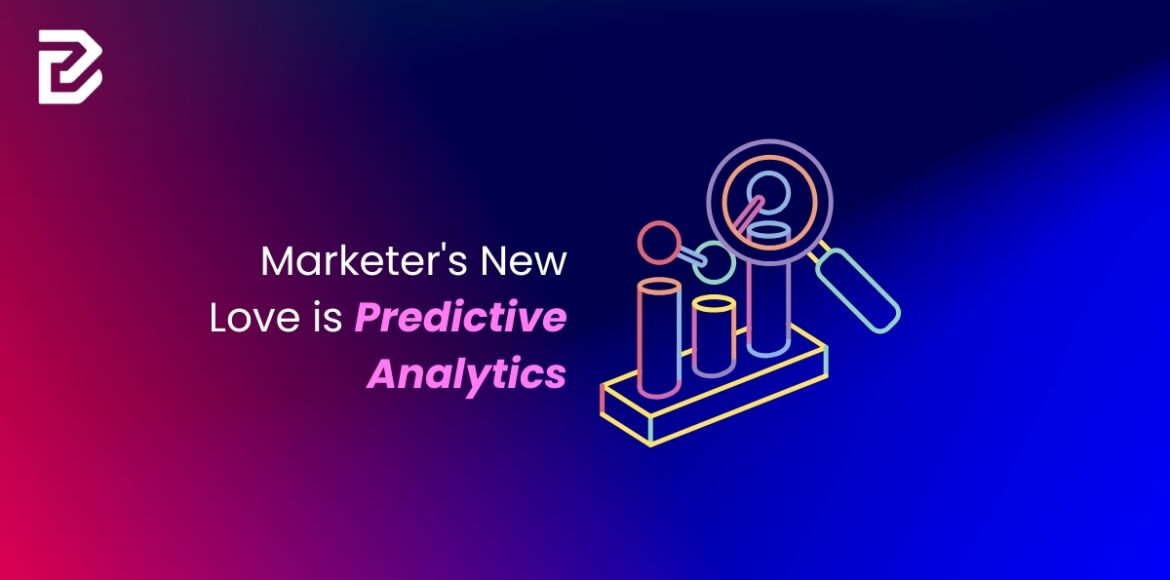Intro to Predictive Analytics for Marketers

Choosing between organic vs paid search isn’t binary. Instead, it’s about synergy, timing, and goals. This guide explains when to emphasize which and how to optimize your B2B marketing budget allocation.
Foundations: SEO vs PPC Strategy
SEO builds authority through content and optimization. It delivers compounding ROI and credibility via evergreen assets.
Meanwhile, PPC (paid search) delivers immediate visibility. It’s ideal for product launches, events, or short-term campaigns.
Both tools belong in your search engine marketing ROI framework—but with different roles.
ROI & Performance Comparison
Organic search delivers substantial returns over time. In B2B SaaS, SEO can generate approx. 702% average ROI; close rates often exceed outbound marketing at 14.6%. Meanwhile, paid search ROI typically hovers around 200%, which suits faster conversion cycles.
Thus, search engine marketing ROI differs by strategy and timeframe.
Clicks, Conversion, and Trust
Organic listings attract about 70–80% of clicks, while ads take the remaining 20–30% Source
Conversions vary: SEO averages 2–5%, while PPC can range from 3–6%, and peak at 15% for high-intent searches Source
Organic results benefit from user trust. Paid ads excel in reaching specific, intent-rich audiences fast.
B2B Marketing Budget Allocation Strategy
Many smart B2B brands start with a partial PPC spend—around 30%—and allocate the rest toward SEO. Over time, that can shift to 50/50 or higher toward organic as traffic grows.
This balanced model ensures you capture both short‑term and long‑term benefits.
Content Marketing vs Paid Search
Paid search vs content marketing often feels like opposites—but they complement each other.
Use PPC to test high-performing keywords and ad copy. Then optimize organic content using those insights. This accelerates SEO performance and eases content creation .
Content marketing builds long-term assets while paid ads validate and scale what works.
B2B Use Cases: When to Invest More in PPC
PPC shines when:
- You run time‑sensitive promotions.
- You launch new products or enter new markets.
- You need quick brand visibility.
- Your content hasn’t yet ranked organically.
In B2B, PPC helps reach high‑intent prospects during research or decision stages.
When SEO Should Take Priority
Invest more in organic when you want:
- Sustainable growth over years.
- Lower customer acquisition cost over time.
- Brand authority and trust building.
- Evergreen content that ranks without ongoing spend.
In B2B cycles, SEO supports complex purchasing decisions with educational and trustworthy content.
Synergy: SEO + PPC for Maximum Impact
Adopt an integrated model:
- Use PPC to capture short-term opportunities and high-intent searches.
- Track top-performing keywords from ads.
- Build content using those insights.
- Shift budget from ads to SEO over time as rankings improve.
Most growth marketers use both channels in tandem, as noted in industry consensus
Metrics That Matter
Track these decision-making metrics to measure impact:
- Cost per acquisition (CPA)
- Close rate by channel
- ROI over different time periods
- Lead quality and lifecycle value
Focus on outcomes, not just clicks. This aligns performance with actual business impact.
Common Mistakes to Avoid
- Relying solely on PPC for growth.
- Ignoring SEO during slow PPC seasons.
- Failing to use PPC insights to inform content strategy.
- Not tracking ROI properly across channels.
These errors undermine budget efficiency and growth potential.
Action Plan for Smart Allocation
- Audit current results from both channels.
- Estimate timeframes: SEO (3‑9 months), PPC (immediate).
- Allocate a starter split: e.g. 30% PPC, 70% SEO.
- Monitor performance and shift budget as organic traction builds.
- Reinforce creative and content with ad-tested learning.
This approach empowers smart B2B marketing budget allocation.
Conclusion
There’s no winner in organic SEO vs paid search—they serve different goals. Your SEO vs PPC strategy should support both immediate gains and long-term authority. By integrating both, you maximize search engine marketing ROI while balancing paid search vs content marketing. Smart B2B marketing budget allocation starts with understanding when each channel performs best—and using data to adjust over time.

